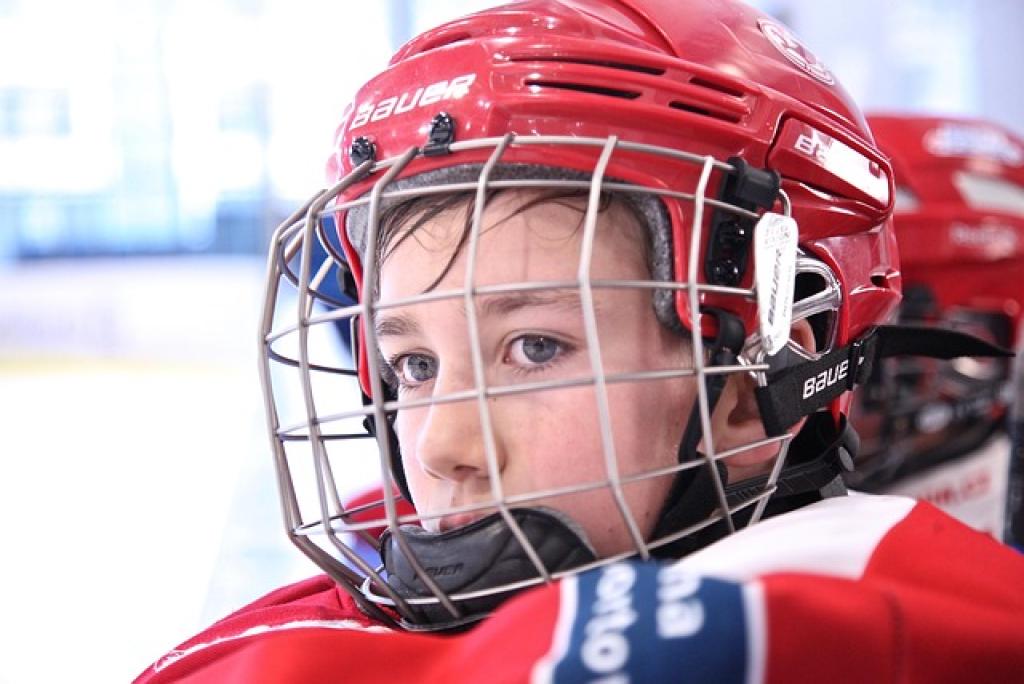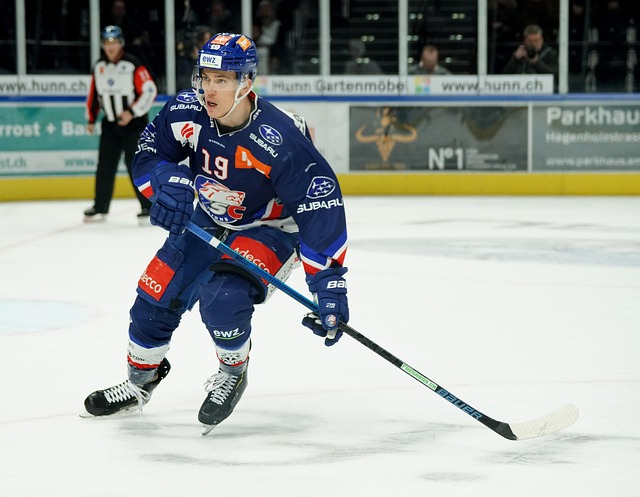There’s something exhilarating about the chill of the ice beneath your skates and the rush of adrenaline with each pass and goal. Becoming a skilled hockey player requires more than just physical prowess; it’s about developing strategic thinking, honing your technique, and nurturing a passion for the game that fuels your drive to improve.
Whether you’re just starting out or looking to elevate your play, this journey will guide you through essential skills, mental fortitude, and the dedication required to truly excel on the ice. The pursuit of mastery can seem daunting, but with the right mindset and actionable steps, you’re on your way to not just playing hockey, but mastering the art of it.
Get ready to lace up, embrace the challenge, and discover what it takes to transform your game and become the hockey player you’ve always aspired to be.
Developing Essential Hockey Skills
Becoming proficient in hockey starts with mastering the fundamentals. Skating is the bedrock of your journey, so focus on your speed, agility, and balance. Spend time improving your stride and transitions—being fluid on the ice is crucial.
Stickhandling is another core skill. It’s your direct connection with the puck, so practice controlling it while moving. Work on maneuvers like toe drags and quick dekes to keep defenders guessing.
When to Pass and When to Shoot
Decision-making is key in hockey. Knowing when to pass or shoot can make or break your game. Develop an instinct for reading the play and react quickly. Regular drills with teammates can enhance your vision and help sharpen your choices under pressure.
Finally, don’t underestimate the power of a strong slap shot or wrist shot. Power and accuracy improve over time with consistent practice. Make use of targets to improve your precision during shooting sessions.
Strengthening Physical Conditioning
Remember, hockey demands a blend of strength, endurance, and finesse. Off-ice training complements on-ice skills wonderfully. Engage in exercises that build core strength and cardiovascular endurance to maintain peak performance throughout the game.
Investing time and effort into these essential skills sets the foundation for becoming a skilled hockey player. Stay committed, practice regularly, and watch your game transform.
Understanding Hockey Strategies and Tactics
Mastering the strategic elements of hockey can significantly enhance your game. It begins with understanding team dynamics and knowing your role within various formations, whether that’s the aggressive forecheck, the neutral zone trap, or defensive coverage. Each strategy offers unique advantages, so familiarize yourself with how they function in different game scenarios.
Offensive vs. Defensive Plays
In hockey, balance between offense and defense is crucial. Offensive strategies focus on maintaining puck possession and creating scoring opportunities. This might include cycling the puck along the boards or setting up a screen near the net. On the other hand, solid defensive tactics are about preventing scoring chances, such as proper positioning to block shots or executing effective backchecks.
Communication with your teammates is vital for seamless execution of these strategies. Clear and consistent communication ensures everyone is on the same page, reducing the chances of breakdowns during crucial moments in the game.
Becoming adept in varying tactics can give your team the upper hand in controlling the pace of the game. Observing professional games and analyzing their strategies also provides valuable insights that you can integrate into your repertoire. As you refine your strategic understanding, your ability to adapt and execute will elevate your overall performance significantly.

Maintaining Peak Physical Condition
Achieving and maintaining peak physical condition is vital for excelling in hockey. Your body is your most important tool on the ice and keeping it in top shape is a continuous effort. Begin with a well-rounded fitness routine that includes strength training, cardio, and flexibility exercises.
Building Stamina and Endurance
Hockey is a high-intensity sport that requires bursts of energy and sustained effort. Incorporate interval training into your regimen to build endurance. Activities like cycling, running, or high-intensity skating drills can boost your stamina, ensuring you perform consistently throughout every period.
Strength training is equally essential. Focus on exercises that enhance your core stability, leg power, and upper body strength. Strong muscles not only improve your on-ice performance but also reduce injury risk.
Nutrition and hydration are the unsung heroes of maintaining physical condition. Fuel your body with a balanced diet rich in proteins, complex carbs, and healthy fats. Proper hydration keeps you alert and energetic, so never underestimate its importance.
Rest and recovery round out any training program. Adequate sleep and active rest days allow your muscles to repair and grow stronger. Prioritizing recovery ensures that you’re always ready to face new challenges on the ice with vigor and resilience.
Mastering Mental Toughness in Hockey
In the fast-paced world of hockey, mental toughness is just as crucial as physical prowess. Developing a resilient mindset can transform moments of pressure into opportunities and lead your team to victory.
Start by setting clear, attainable goals. Whether skill improvement or game performance, goals provide direction and motivation. Break them into smaller milestones to track progress and maintain focus.
Visualization is a powerful tool. Picture yourself making successful plays, managing the puck with precision, or executing a perfect save. This mental rehearsal conditions your mind, bridging the gap between practice and in-game scenarios.
Handling setbacks with poise is a hallmark of mental toughness. Acknowledge mistakes as part of the learning process rather than letdowns. Reflect, adjust, and move forward with renewed determination.
Stay present during games, concentrating on the task at hand. This mindfulness keeps distractions at bay and enhances decision-making under pressure. Breathing exercises can help maintain this focus.
Encourage a positive mindset not only in yourself but also among teammates. Supporting each other fosters a collective resilience that strengthens team spirit and performance. Embrace challenges as opportunities to grow, knowing that mental toughness will keep you skating strong through every high and low the game presents.
The Bottom Line: Sustaining Long-Term Improvement
Hockey mastery is not achieved overnight. It’s a journey requiring dedication, resilience, and continuous effort. By focusing on developing your skills, understanding strategic gameplay, maintaining physical fitness, and fostering mental toughness, you set yourself on a path to becoming a formidable player.
Remember, improvement in hockey is about consistency. Regular practice hones your abilities, while studying the game sharpens your strategic acumen. Combining on-ice and off-ice training ensures you stay at the top of your physical condition.
Not only that, but, mental preparation is crucial. Setbacks are inevitable, but how you respond defines your progress. Embrace each challenge as an opportunity to learn and grow stronger, reinforcing your mental toughness with every stride.
Equally important is motivation. Keep your passion for the game alive by celebrating small victories and reflecting on how far you’ve come. This journey might be demanding, but maintaining a positive outlook fuels your drive to reach new heights.
In addition, collaboration is key. Engage with coaches and teammates to broaden your perspective and gain valuable insights. Constructive feedback accelerates improvement and fosters a supportive environment essential for growth.
Ultimately, the pursuit of excellence in hockey is a lifelong commitment. By focusing on these foundational elements and consistently applying them, you’ll sustain long-term improvement, experiencing not just success on the ice but a deepened love for the game as well. Stay dedicated, stay passionate, and the game will reward you with experiences and memories that last a lifetime.

